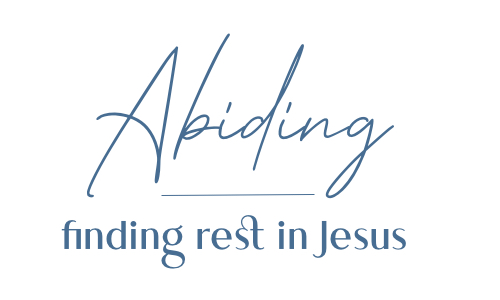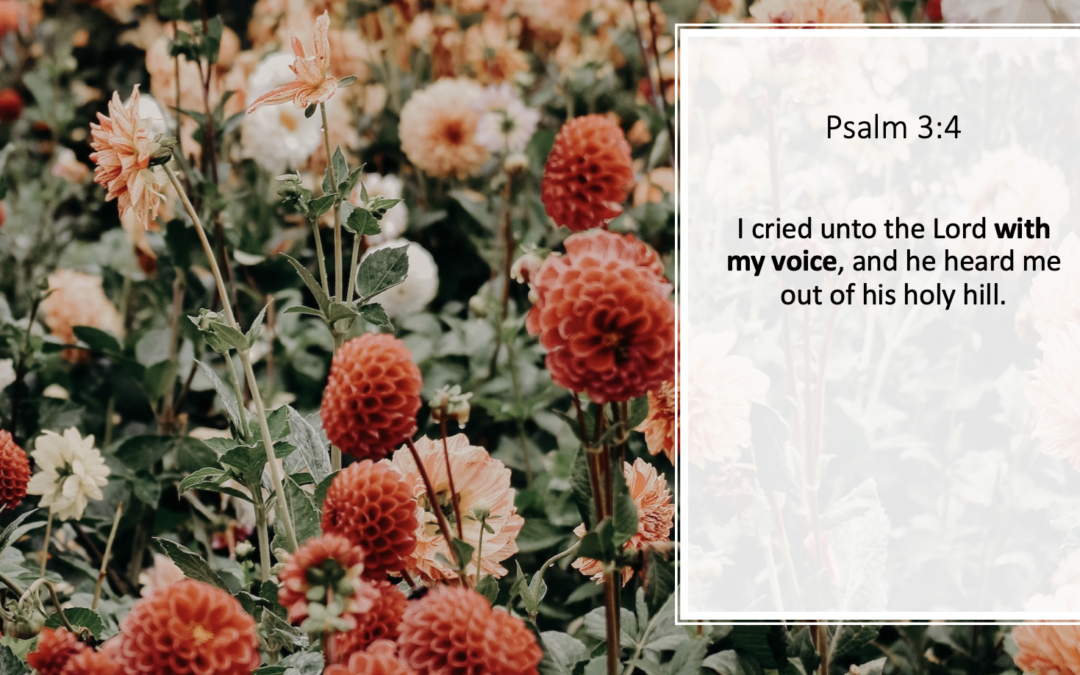It’s wonderful to hear from Lisa Joyner this week – her first time on the blog! If you don’t know her, please stop by the contributors page to learn a bit about her.
In February 2012, I was shocked to learn that I was diagnosed with triple-negative breast cancer, one of the most aggressive forms of breast cancer with limited treatment options. Although scores of family members and friends were praying for my healing, I was not.
When I tried to pray, my mind threw out questions like darts instead: “Where was God? Why was this happening? How would I have strength for the surgeries and the treatment for this disease or how would I face death if the treatments weren’t successful? Who would take care of my husband and children and even my aging parents?” I was grateful for those who were praying for me, but I was struggling with wanting to talk to Him myself.
A few well-meaning friends thought they were encouraging me by reminding me that “God was in control.” I smiled and nodded, but I didn’t admit to them that this was exactly the problem I was struggling with. Did God give me cancer? Did He care that I was hurting and confused? Why would a sovereign God allow this? Since He is in control, shouldn’t He heal me?
I didn’t have the mental energy for a deep Bible study for my daily devotions, so I chose to simply read through the book of Psalms each day. I had only gotten to the third chapter when I noticed how often the words call, cried, cry, or voice were used by the author to describe his prayers.
As I highlighted these words each time I read them, I noticed a pattern; these words were often followed by another phrase that included the words hear, heard, or answered. This intrigued me, so I studied the meanings of the words I was highlighting and discovered that these words were not symbolic, but literal; when the author expressed that he called upon the Lord with his voice, it meant exactly that – an audible voice that the Lord heard and responded to.
As I drove to school each morning, I used windshield time to talk to God, but it was me silently praying “in my head.” I was easily distracted by traffic and thoughts about my list of to-dos for the day. When I first chose to pray aloud like the psalmists prayed, it was awkward. I remember starting out with, “Ok, God. This feels weird, but I’m going to try to talk to You aloud while I drive.”
I went on to tell Him how scared I was, I begged Him for strength, and I even expressed how disappointed I was that He was allowing this trial. Within a few days, it began to feel natural to pray aloud. I was actually talking to Him and sharing how I felt instead of silently simmering in my distrust. What started out as cries for help became a rounder prayer life that included gratitude and praise for His might and holiness.
I learned through both my reading of Psalms and my own experience that God is confident enough to hear our questions and listen to our doubts. He didn’t reprimand me for being scared and confused – just like He didn’t scold the psalmists for being honest about their fears when they cried out to Him. God never spoke back to me audibly.
I never expected that He would, but He did change my heart and give me a peace that I didn’t believe could be possible. One of the most reassuring phrases that I cling to is the last part of this verse” – and he heard me.” My God hears me, and He hears you, too.


Recent Comments